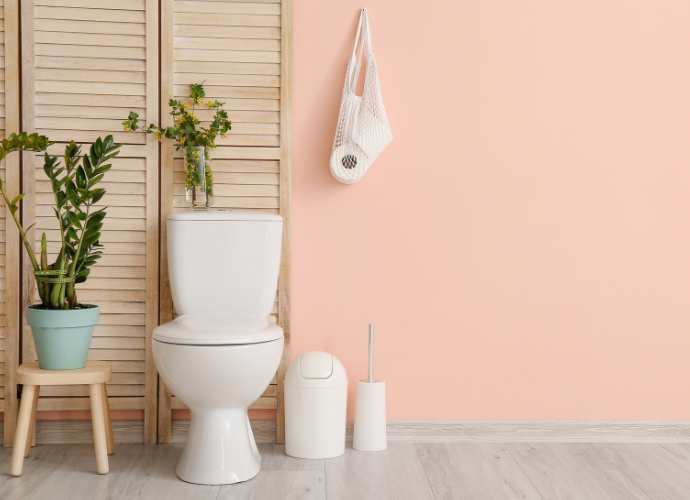In today’s economic climate, every penny counts. But did you know that a seemingly insignificant issue like a dripping or constantly running toilet could be draining your wallet? In this article, we delve into how a hard to notice, small plumbing problem can lead to substantial costs.
The hidden cost of a leaking toilet
You might not think much of a toilet that occasionally runs or drips, but these issues are more than just a minor annoyance. Research from WaterSafe and Wessex Water reveals that a constantly leaking toilet can waste between 200 to 400 litres of water every day. This is equivalent to an additional £300 to £400 on your annual water bill. Astonishingly, in severe cases, a leak can waste up to 8,000 litres a day, skyrocketing costs to over £6,000 a year.
How a drip becomes a wave
The amount of water lost from a leaking toilet is staggering. With each drip and trickle, litres of water are wasted. Imagine filling 2.5 to 5 bathtubs daily with clean water only to drain it away. This is what happens with a leaking toilet.

Detecting the leak
Many homeowners remain unaware of these leaks because they can be silent or hard to spot. However, detecting a leak is simpler than you might think. Wessex Water suggests an easy method involving drying the back of the toilet pan and using a leak detection strip. If the strip changes colour or becomes wet after a few hours, you likely have a leak.
The environmental impact
Beyond the financial implications, there’s also an environmental cost. Wasting water contributes to the depletion of this valuable resource, impacting not only your household but the community and ecosystem as well.
Fixing the problem
The good news is that fixing a leaky toilet is often a straightforward process. It can usually be resolved by repairing or replacing the flush or fill valve. For those less confident in DIY, hiring a professional is recommended.
Professional help
When it comes to professional assistance, it’s crucial to choose a qualified and experienced plumber. Look for certifications like WaterSafe approval, which indicates a plumber meets strict standards. Recommendations from friends or family, as well as online reviews, can also guide you to reliable professionals. A certified plumber can not only fix existing issues but also provide valuable advice on maintaining your toilet to prevent future leaks.
Preventative measures
To prevent toilet leaks, regular maintenance is key. This includes checking the toilet’s internal mechanisms such as the flapper valve, the fill valve, and the overflow tube. Also, inspect the toilet for any signs of damage or wear. Listen for unusual sounds like continuous running water, which can indicate a leak. Regular cleaning and checking the tightness of connections can also prevent future problems.
Ignoring a leaking toilet is like flushing money down the drain. With the potential to add hundreds to your annual water bill, it’s a problem that deserves immediate attention. Don’t let a small leak lead to a big hole in your budget.
Aberdeen: 01224 218450 | Inverurie: 01467 530591
Aberdeen: aberdeen@northwooduk.com | Inverurie: aberdeenshire@northwooduk.com
207-211 Rosemount Place, Aberdeen, AB25 2XS | 23 West High Street, Inverurie, AB51 3SA








